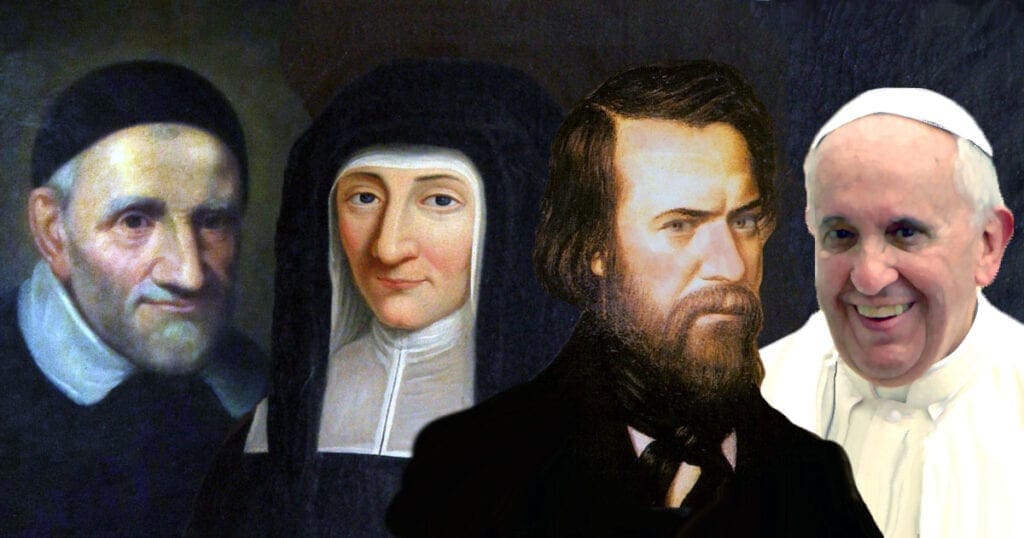In London people gathered and cried out: Black Lives Matter and demanded a meeting with the Prime Minister. The European Union declared Black Lives Matter and condemned racism. In Paris, a protest was organized in front of the Tribunal de Paris under the theme: A country without justice is a country that calls for a revolt. After scoring a goal in a match between Real Madrid and Eibar, the Brazilian full-back, Marcelo, “took a knee” in solidarity with Black Lives Matter. Last week Pope Francis denounced the sin the racism and twice identified George Floyd as the victim of a “tragic” killing. Thousands of people marched in Tokyo to protest racism and police brutality and spread awareness of racial discrimination in Japan.

At the same time many branches of the worldwide Vincentian Family as well as institutions administered by these branches have issued statements and have called upon their members to become actively engaged in the struggle to eliminate injustice and racism and discrimination from their midst.
A similar situation existed in seventeenth century France and Vincent spoke to his followers and stated: If there are any among us who think they are in the Mission to evangelize poor people but not to alleviate their sufferings, to take care of their spiritual needs but not their temporal ones, I reply that we have to help them and have them assisted in every way, by us and by others (CCD:XII:77). Vincent also addressed this same issue with the Daughters of Charity and told them: Do you think, Sisters, that God expects you simply to bring his poor persons a piece of bread, a little meat, some soup, and some medicine? Oh no, Sisters! that was not his plan in choosing you from all eternity to render him the services you do for Him in the person of the poor. He expects you to provide for their spiritual needs as well as for those of the body. They need heavenly manna; they need the Spirit of God (CCD:IX:189).
Some things changed and at the time of his death it was said that Vincent had changed the face of the Church in France. Obviously, those changes did not continue!
About one hundred and fifty years later, Frederic Ozanam, a follower of Saint Vincent and Saint Louise, wrote: The question which divides men in our day is no longer a question of political forms, it is a social question—that of deciding whether the spirit of egotism or the spirit of sacrifice is to carry the day; whether society is to be a huge traffic for the benefit of the strongest, or the consecration of each for the benefit of all, and above all for the protection of the weak. There are many who already have too much, and who wish to possess still more; there are a greater number who have not enough, and who want to seize it if it is not given to them. Between these two classes of men a struggle is imminent, and it threatens to be terrible—on one side the power of gold, on the other the power of despair. It is between these two opposing armies that we must precipitate ourselves (letter to Louis Janmot, November 13, 1836).
Again, there were changes, but again those changes were not long lasting. In 2013, Pope Francis reflected on the situation of the world and stated: The current social model, with its emphasis on success and self-reliance, does not appear to favor an investment in efforts to help the slow, the weak, or the less talented to find opportunities in life. It is essential to draw near to new forms of poverty and vulnerability, in which we are called to recognize the suffering Christ, even if this appears to bring us no tangible and immediate benefits (Evangelii Gaudium, #209-210).
So what makes us believe that any changes that might occur during 2020 will create a new society, a society of justice and equality? In fact, do we have any reason to believe that the social order, in the long-term, will be different from the present reality?
To view other posts in this series, click here.







0 Comments